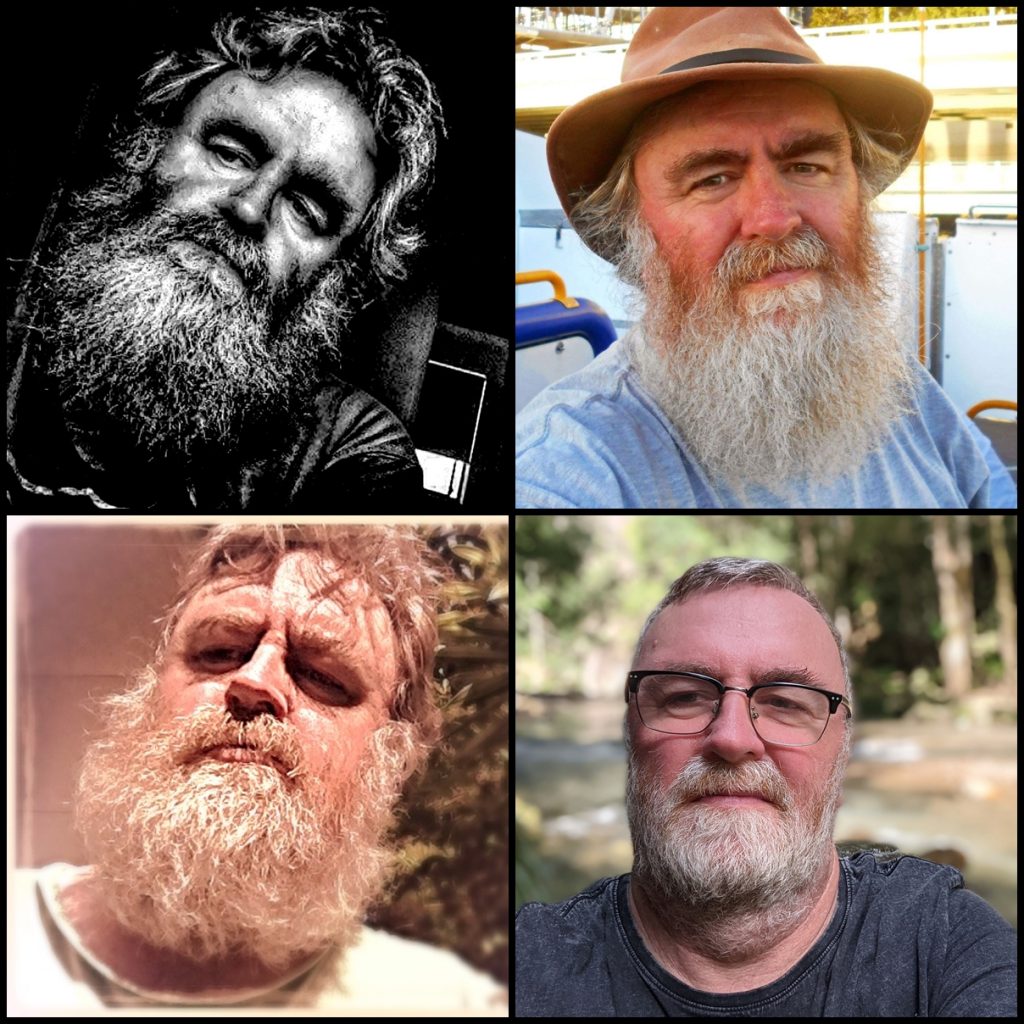These entries begin two days after Anna’s funeral and cremation in July 2016. They are based on text messages, email and journal entries. Anna and Conal had been together since 1978.

January 2017:
THE events of 2016 have changed me. I am a different person now, in many regards. Those first six months of 2016 were an emotional rollercoaster as I cared for Anna in her final months.
After Anna died, my life changed. I lost a good friend, my best friend.
I have to tell you, grief was bad but not as bad as the hell of January/February 2016 when Anna had “days to live”.
Back then I was being briefed by doctors, specialists and social workers that Anna was dying, then I was having to tell Anna that message and tell the children their mother was about to die.
(All of this while she was sitting up in the hospital bed chatting, and asking for McDonalds for breakfast.)
Now those were some of the worst days of my life, where I had to think the truly unthinkable, speak the unspeakable, and do the almost impossible on an almost-daily basis.
This was high-octane living.
Every moment seemed to matter.
It was heaven. It was hell.
For months I pushed away Anticipatory Grief, I knew my time with Anna was limited.
She was going to die.
Anna refused to believe the news about her impending death, she didn’t accepted it and kept on living. Until she couldn’t.
The doctors told us – as they sent her home (still with brain cancer) – that a year was optimistic, six months was more realistic.
When Anna died in June 2016, I started to grieve. I proceeded to fall off a high cliff and ended up in the Pit of Grief.
It was dark down there.
I never felt scared, never felt alone … the weight on my shoulders was heavy, my feet hurt. I just kept going. Marching on. That’s what you do. You keep going.
Now, in January 2017, I see the world differently now.
“I value life more. My brain is re-wiring itself, new neural pathways are being laid down…”
January 2016 was only 12 months ago, but it seems so long ago.
Like it was three lifetimes ago.
I see the world differently now.
I value life more. My brain is re-wiring itself, new neural pathways are being laid down – keeping my thought process away from The Anna Memory Banks.
Slowly I am noticing changes: I now sleep in the middle of what was Anna and my bed.
My camera bag and backpack now occupy the passenger seat in the car, where Anna sat.
Our Bedroom is slowly becoming My Bedroom.
My home desk is no more, I use Anna’s study desk.
I am rebuilding my life. Healing the scars etched across my brain. What I am hoping is that I will become a better person – somebody who has learned from the experiences of the past 12 months.
It’s a plan.
The End … for now.


Anticipatory Grief
It is possible to feel grief even though someone person is still alive. Although not everyone experiences anticipatory grief, people who do can feel the same emotions and sense of mourning as if the person had actually died.
People who experience anticipatory grief may have a wide range of emotions, such as loss, dread, guilt and anxiety. Grieving before a person dies doesn’t necessarily mean that you won’t grieve when they pass away.
If you experience anticipatory grief, it’s just as vital for you to talk to someone and feel supported as it is when someone has already died. You might find that it helps to talk to friends and family, or the person you care for. One idea is to write about what the person has meant to you and then read it aloud to them.
You might also consider talking to a counsellor. It can help to discuss your feelings with someone who is objective and doesn’t have emotional ties to the situation.